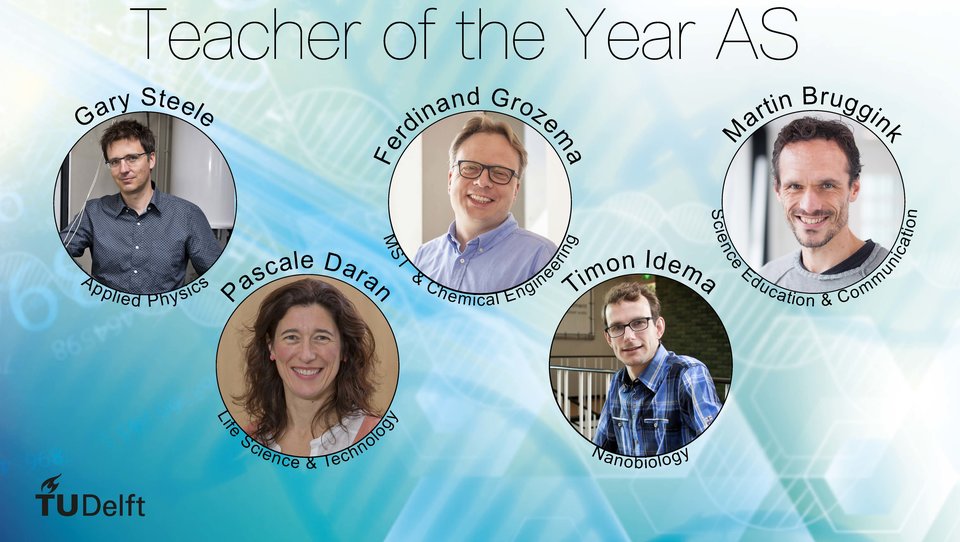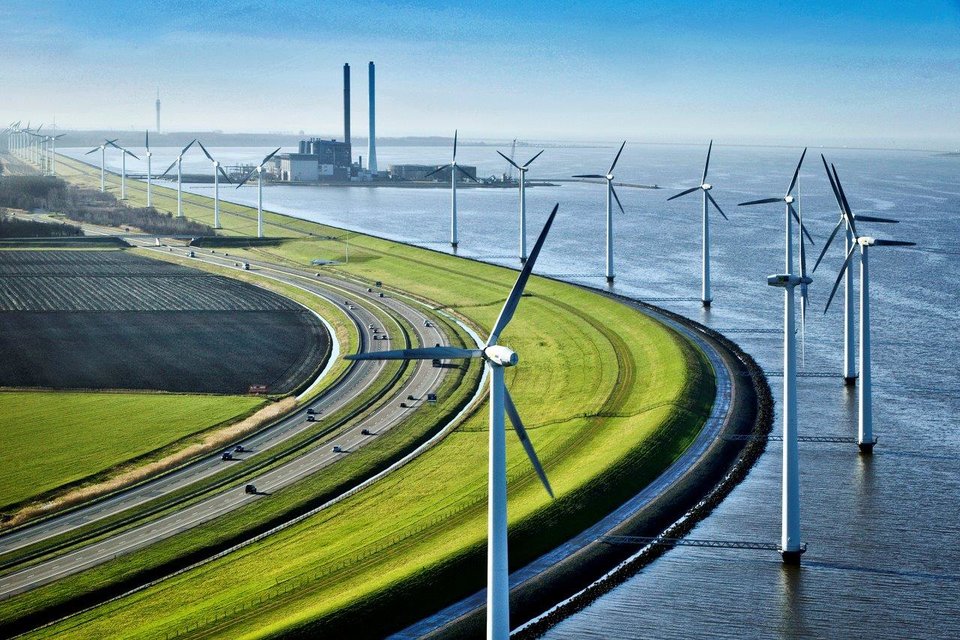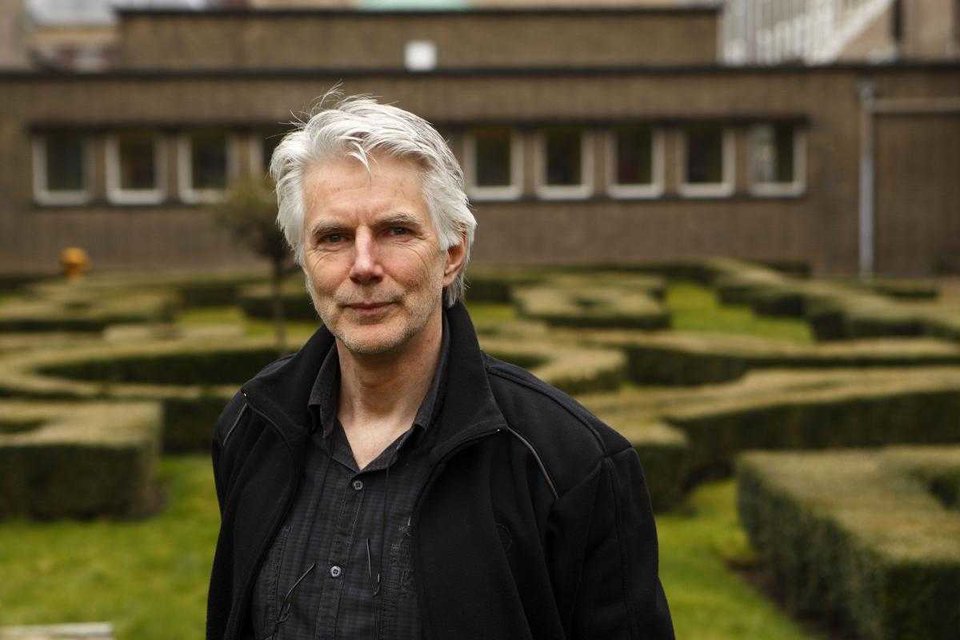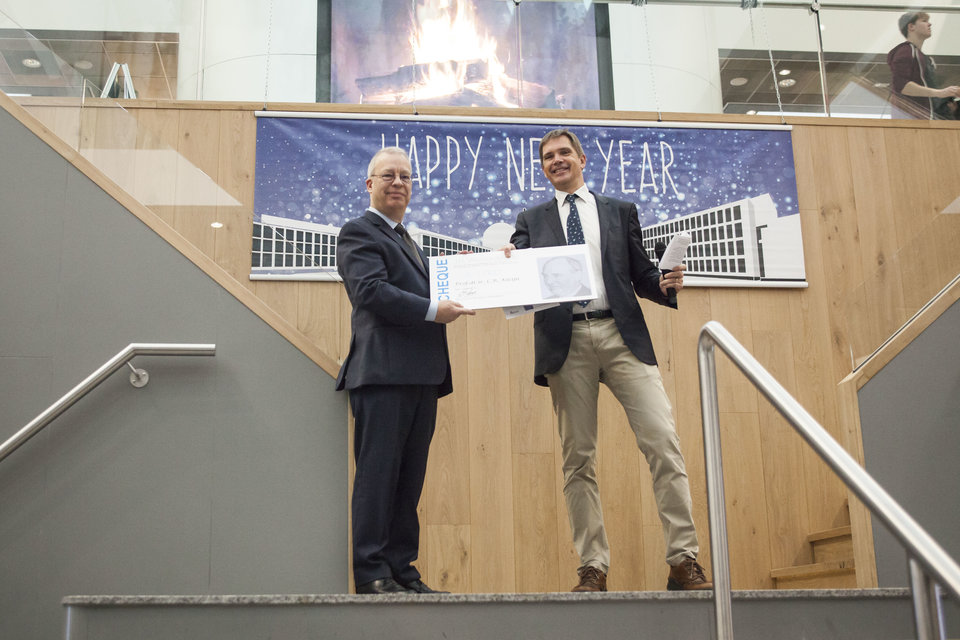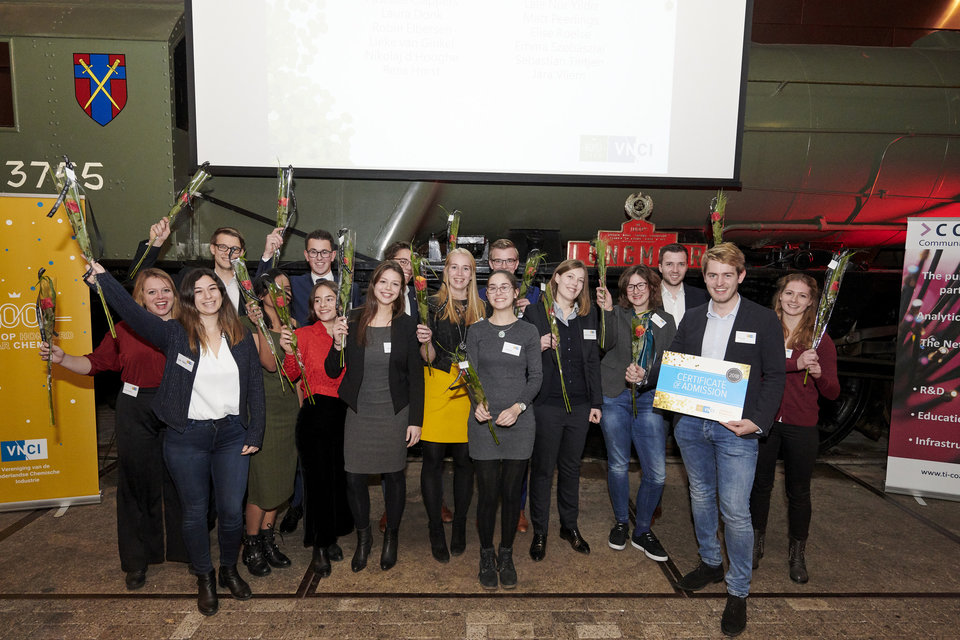Activate high contrast
To main content
News and Events
Farewell interview with Freek Kapteijn
As one of TU Delft’s most cited researchers and winner of the prestigious Hoogewerff Gold Medal, Professor Freek Kapteijn is a prominent figure in the field of catalysis and chemical technology. He has now officially retired following a long and productive career, around 26 years of it spent at Delft. Despite his retirement though, you may still bump into him on a regular basis in the Applied Sciences building. Freek Kapteijn is certainly not someone to just drop everything and retreat to a life of pottering round the garden. What will you miss the most? “I don’t miss anything at the moment because I’m still quite active, mainly dealing with the aftermath of a European project called M4CO2 that I coordinated. It concerns carbon capture in coal-powered energy plants. The project focuses on the interim period in which we will still be using coal to generate energy. In that process, it is of course important to prevent the emission of too much CO2 into the atmosphere. The EU had a major programme for carbon capture using various techniques and we opted for membrane technology in order to further expand our research into metal organic frameworks or MOFs. The project has almost finished and there is now a follow-up project to develop our results further into a demonstration project. I’m coordinating the TU Delft activities in it, most of which will happen in the first two years.” You were obviously not in any hurry to retire completely? “No, it’s not in my nature. I feel a certain sense of responsibility towards the doctoral candidates and post-docs who started under my supervision. I want to round things off properly before I go. Of course, it also makes the transition slightly easier if things don’t suddenly stop overnight.” Your retirement more or less coincides with the completion of the new Catalysis Laboratory. What impact will this lab have on your research group? “Most importantly, it reunites us as a research group. Some of the research was still being conducted at the old location. If your group is split up, it’s hardly beneficial for team spirit. As for the research itself, we already had a high-pressure lab in the old building, of course. Then we moved, and were not allowed to exceed 10 bar when setting up experiments. We had a choice: throw away half of the equipment or arrange facilities to enable us to be able to work at higher pressure, in industrial conditions. The new lab has more modern equipment and apparatus and has a different design, ensuring it meets the guidelines that now apply. This means that we can now replicate industrial conditions here and conduct research into certain things that we were previously unable to investigate. We are currently in the process of searching for my successor and have a great candidate in mind who has a track record in the field of high pressure.” What are you most proud of? “Difficult question… Sometimes, you have articles that take a huge amount of effort and then eventually get published. They achieve reasonable citation figures, but that does not reflect the effort. You're still proud of it though. Of course, I’m also proud of doctoral candidates and students whom I’ve had the privilege to supervise over the years. Some of them are really fantastic and graduated cum laude. At reunions, I can hold forth about what’s been happening, where everyone has ended up, at which conference someone has given a talk or what prize someone has won. I’m just as proud as they are. Speaking of prizes: I’m also proud of receiving the Hoogewerff Gold Medal, of course. It’s one of the Netherlands’ most prestigious awards in the world of chemical technology. Some very illustrious predecessors have won this prize, including professors from Delft, and it feels really special to count myself among their number.” Who was your most important colleague? “It was Jacob Moulijn. I studied at the University of Amsterdam, completing my doctorate on heterogeneous catalysis, the metathesis reaction, a really great reaction that was awarded the Nobel Prize several years ago. After my doctorate, I joined Moulijn. Eventually Moulijn moved to Delft, in 1989, I think. He wanted to take me with him, but I had just moved to the wrong area. At that time, I took over many of the doctoral candidates who had been under Moulijn’s supervision in Amsterdam. In 1992, I too made the move to Delft. Moulijn and I had always worked well together, which is something I find very important. Can you explain that? “Well, there’s quite a lot of focus on individualism in today’s world. It may work in certain disciplines. But, as a technologist, you have wide-ranging interests. Adsorption, membrane separation, catalysis, all of these are very wide fields. As a technologist, you also need to have that wide range for something to develop. People tend to be pushed now to be more individualistic, which is a shame. Not everyone here is like that, not at all, but there is a risk that people will no longer collaborate. That means losing out on some of the extras that collaboration can bring. In recent years, my collaboration with Jorge Gascon has also been fantastic. It was essential: when you cover such a wide field, you need this kind of broad specialist knowledge. If you don’t have it, perhaps the other person will.” When you’ve completed the ongoing work, what do you think you will miss the most? “Occasionally having ideas for new research and no longer being able to do it, or at best only being able to suggest it to someone else. This is why I intend to maintain some contacts here and there. For example, I'm still very much in touch with a former doctoral candidate who is now a professor at ETH Zürich. I can envisage that I might end up spending quite a bit of time there.” Below, you will find some photographs of the new Catalysis Lab, made in late 2018.
Chris Kleijn receives J.B. Westerdijk award
At the Faculty of Applied Sciences’ New Year breakfast, Dean Lucas van Vliet presented the J.B. Westerdijk award to Prof. Chris Kleijn. The Westerdijk award is the faculty’s most prestigious education prize. Chris Kleijn was nominated for the award by the VVTP, the Applied Physics study association. In her nomination, Education Officer Eva Spreeuw expressed particular praise for his contributions to the faculty’s education as professor of Physical Transport Phenomena. She writes: “The popularity of the Bachelor's degree programme has increased enormously under Chris’s leadership. With more than 300 first-year students every year, representing around 25% of the market share in the Netherlands, he and his team ensure everything runs smoothly.” Best practice in her letter to Prof. Jack Pronk, Chairman of the Board of the J.B. Westerdijk Fund Foundation, Spreeuw describes several initiatives that Chris Kleijn has successfully implemented in order to improve education within the Applied Sciences degree programmes: “He devised, introduced and implemented the method used for assessing Bachelor’s and Master’s final projects … This assessment method is now used across the whole of TU Delft and was labelled ‘best practice’ by the committee responsible for assessing all Dutch degree programmes in chemistry.” In the letter, she also highlights the new Design Engineering for Physicists course, for which Kleijn is also partly responsible. “This course sets our Bachelor's degree programme apart from all other Applied Physics programmes in the Netherlands. The new course teaches students to apply new and contemporary technologies in a physics context, such as designing experiments and physics apparatus. This so-called design teaching, based on the Maker Education philosophy, aims to prepare students for today’s high-tech professional practice.” “We believe that all of these things combined make Chris Kleijn a very suitable candidate for the Westerdijk award”, Spreeuw concludes. “In our view, Chris deserves recognition from the faculty for all his great achievements and hard work.” About the Westerdijk award The J.B. Westerdijk award is presented to a person who has shown exceptional dedication to the education provided in Applied Physics. The award was named after Mr Westerdijk, a much-loved former professor. He taught physics in various faculties within TU Delft and did so with such dedication that even students who had not chosen it as their main programme highly appreciated the subject. When he left in 1980, Professor Westerdijk refused to accept any farewell gifts. He eventually conceded that people wishing to make a gift could do so by transferring money into the account of a new foundation that would bear his name and from which a prize would regularly be awarded to a lecturer or staff member at TU Delft who has made a special contribution to education. The J.B. Westerdijk Fund Foundation was established in 1982.
This content is being blocked for you because it contains cookies. Would you like to view this content? By clicking here , you will automatically allow the use of cookies.

